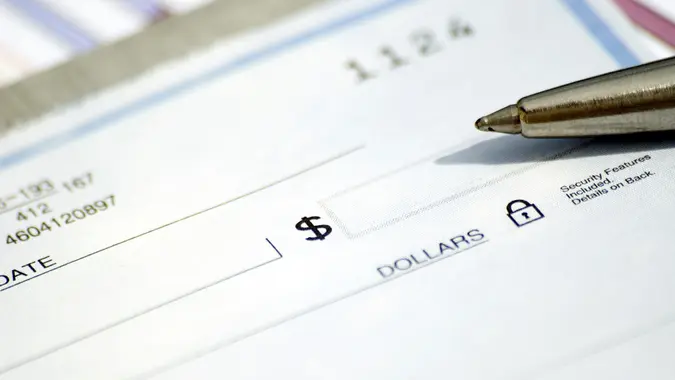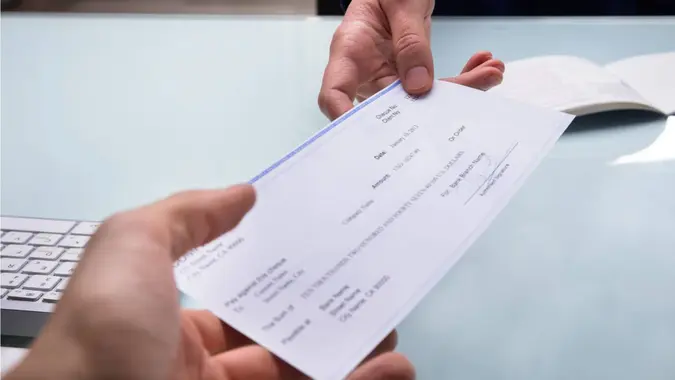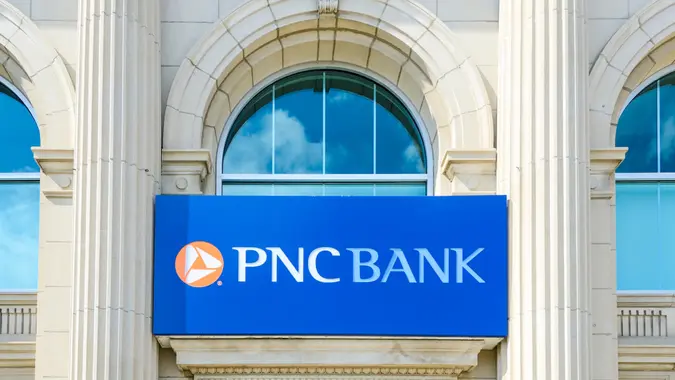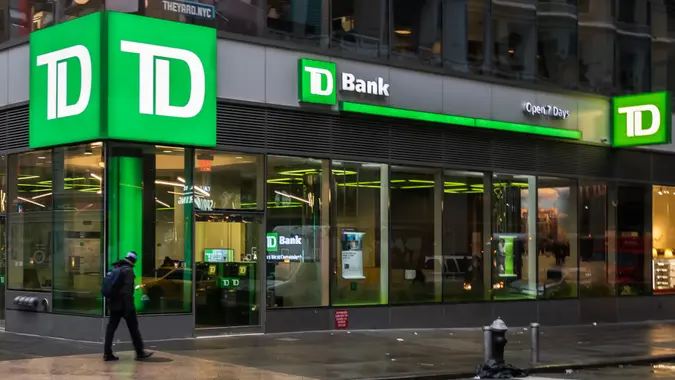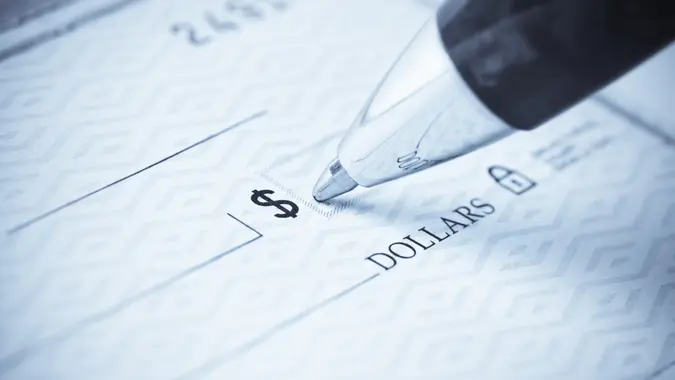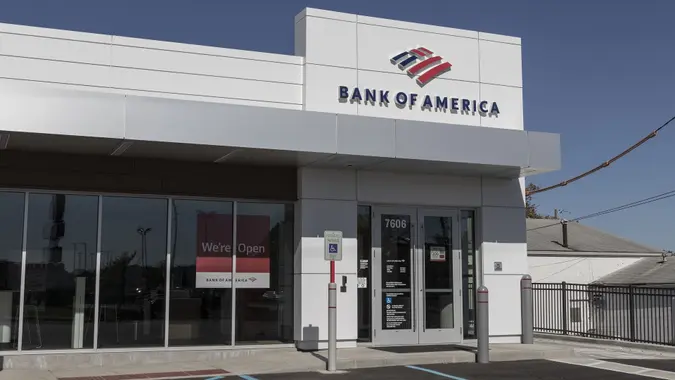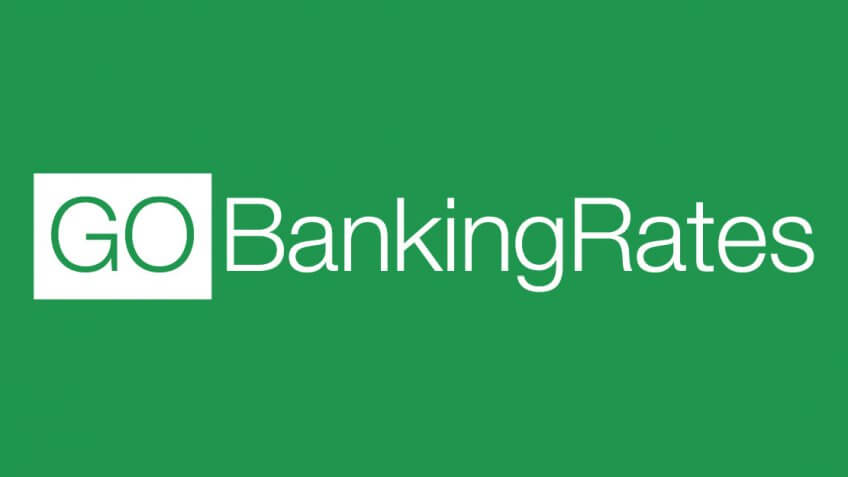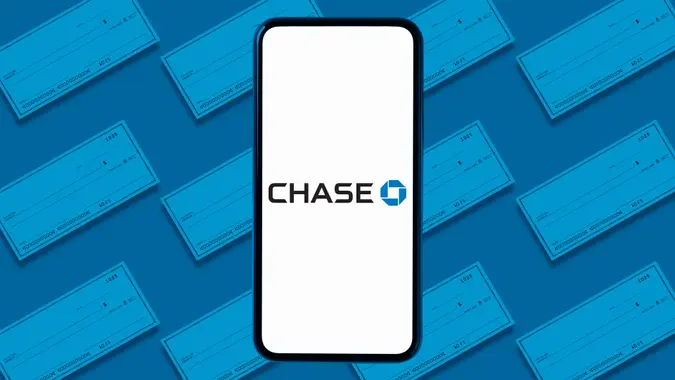I’m a Self-Made Millionaire: Here’s How Much I Keep in My Checking Account
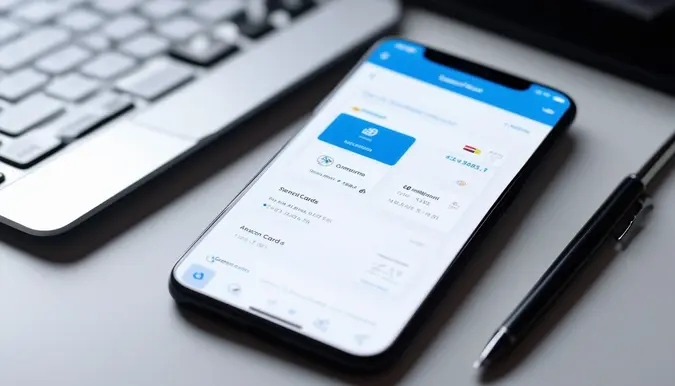
Commitment to Our Readers
GOBankingRates' editorial team is committed to bringing you unbiased reviews and information. We use data-driven methodologies to evaluate financial products and services - our reviews and ratings are not influenced by advertisers. You can read more about our editorial guidelines and our products and services review methodology.

20 Years
Helping You Live Richer

Reviewed
by Experts

Trusted by
Millions of Readers
If someone says they’re a millionaire, you might think their bank account has more cash than you could ever hope to save. But the reality is that many wealthy people keep relatively modest sums in their bank accounts, particularly their checking accounts.
That’s because checking accounts typically have the lowest returns compared to other places to save or invest. In many cases, checking accounts fail to keep up with inflation, so if you keep all your money there, your purchasing power could decline.
Even if you’re looking for the safety and liquidity of a checking account, you can often get similar benefits from things like money market accounts that pay higher interest rates — perhaps even surpassing inflation rates. For example, many checking accounts pay less than 1% in annual interest, while some money market accounts pay 5% or more, so it could be worth shopping around to see where you can get better rates.
Jeff Rose — a certified financial planner who formerly founded and eventually sold Alliance Wealth Management, LLC, and who is currently the founder of personal finance blog Good Financial Cents — exemplifies that while self-made millionaires may have more in their checking accounts than the average person, they’re not necessarily stocking away unimaginable sums there.
Through what he described as “a mix of smart investing and jumping into the business world” with the founding of his wealth management firm and blog, Rose said he reached millionaire status in his late 30s.
Before becoming a self-made millionaire, Rose and his wife didn’t keep much in their checking account.
“We had maybe $5,000 or less. Back then, we weren’t too focused on having a lot in cash savings, but we shifted gears on that eventually,” Rose said.
Now, Rose said that his family of six (Rose, his wife and their four kids) keeps around $20,000-$40,000 in their checking account. How much should you keep in your checking? Let’s find out.
Figuring Out How Much To Keep in Checking
In many cases, a checking account is used to pay monthly bills like rent/mortgage and credit card balances. So while you might want to keep enough in there to handle these types of expenses without worrying about overdrafting, you don’t necessarily need to keep all your savings there.
For Rose and his family, that $20,000-$40,000 amount is “enough to cover our expenses for a month or two. There’s no hard and fast rule for this, just what feels right for us,” he said.
Determining that amount is “really about what makes us comfortable. Our checking account earns practically nothing in interest, so we keep the bare minimum there. Most of our money is chilling in a high-yield savings account, earning as much interest as possible,” he added.
While Rose and his family keep more than they used to in their checking account, you don’t necessarily have to be a millionaire to keep a similar amount in your checking account. However, the point isn’t to save a certain amount in your checking account just to reach a certain status. Instead, checking accounts are often better suited to cover short-term expenses and to give you some peace of mind.
The exact amount to keep in your checking account depends on your preferences for things like simplicity and your risk tolerance, but in general, you don’t need to park all your money there.
“I’d say keep enough to cover your expenses for a month or two. Your net worth might play a role, but the main thing is to have the rest of your cash working harder for you, either in investments or a high-yield savings account,” Rose said.
Comparing interest rates can also influence your decision. For example, if there’s little difference between checking and saving account interest rates, then it might be more convenient to keep more money in checking and not worry about transferring money when needed. But if you compare rates at different financial institutions, you might find that you can get much more competitive yields, which could encourage you to put more money into areas like high-yield savings accounts, money market funds or certificates of deposit.
Also, consider the tradeoff between keeping your money in checking or other types of bank accounts compared to investing in assets like stocks and bonds. While investments can put you at risk of losing money, they can also help you grow long-term wealth. If you want to become a self-made millionaire by retirement age, for example, then diversified investing is often touted as an attainable way to reach that level on a modest income.
For example, if you earn $50,000 per year and save 15% every month for retirement, your account would grow to over $1 million after 30 years, assuming an 8% annual return. But if you put that same amount in a checking account, even earning 1% in annual interest (many accounts pay less), you would end up with just over $300,000.
So, don’t just assume that all your money should go into your checking account. While you might want to put more money in if your monthly bills increase alongside a growing income, you also should consider your financial goals and see how other types of accounts and investments can help you get there.
 Written by
Written by  Edited by
Edited by 



